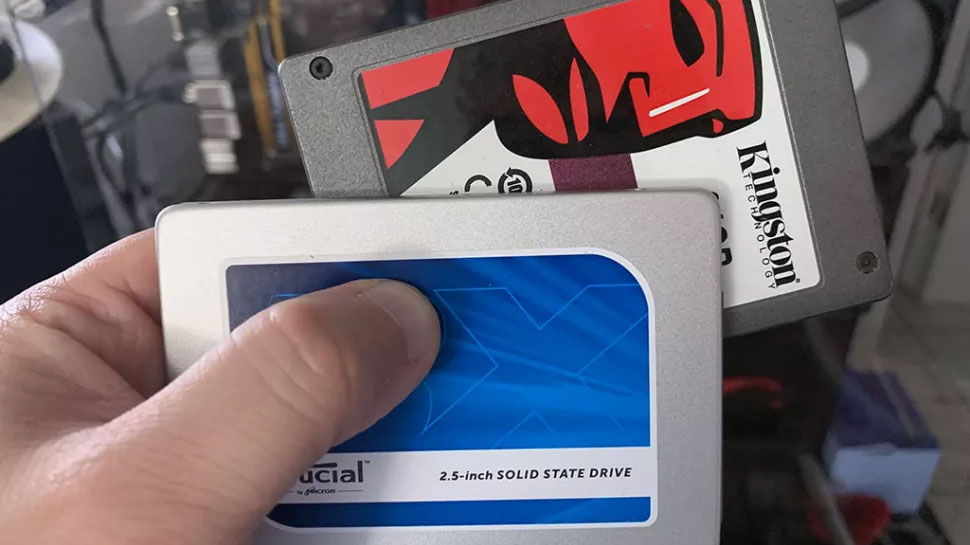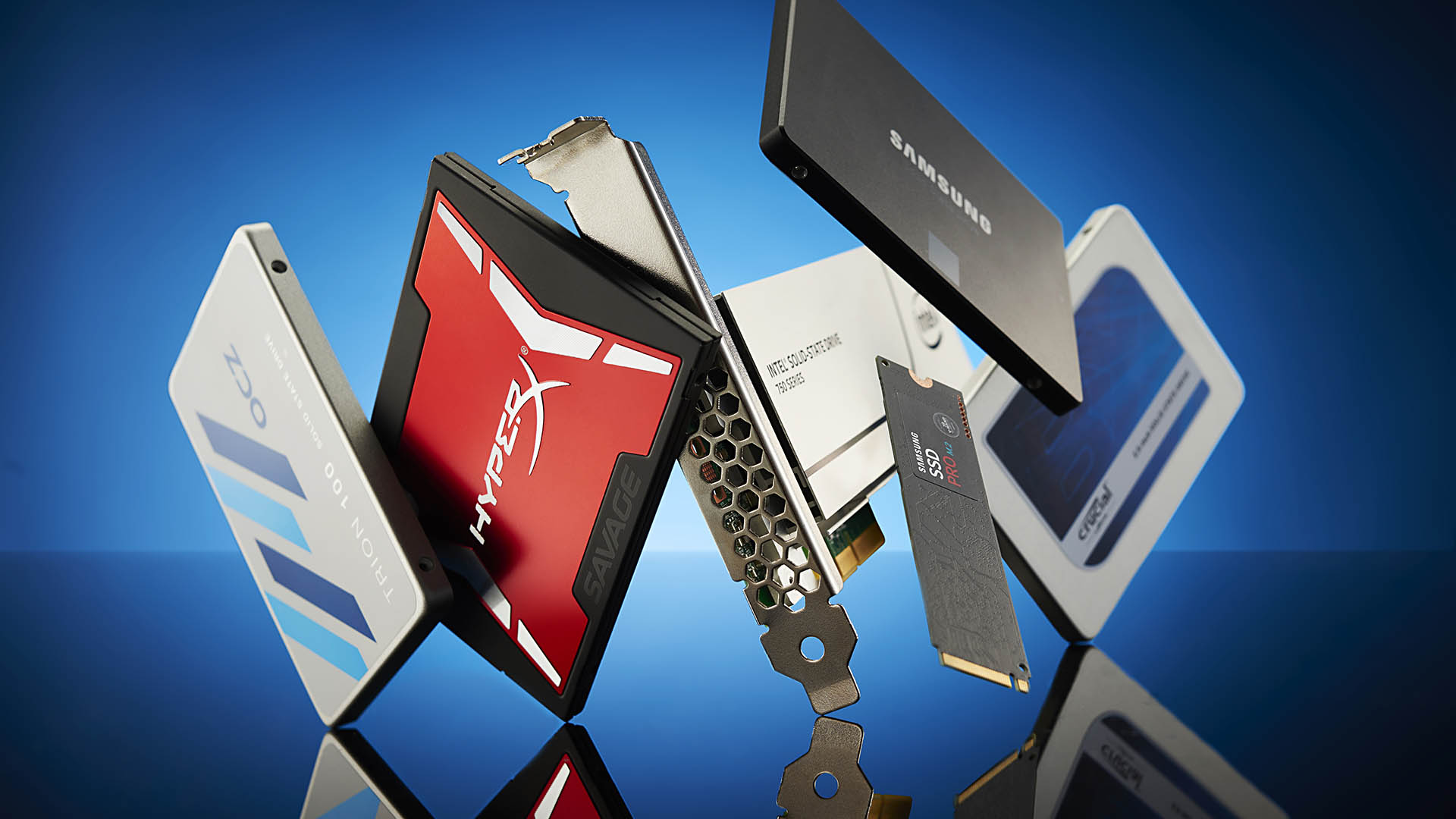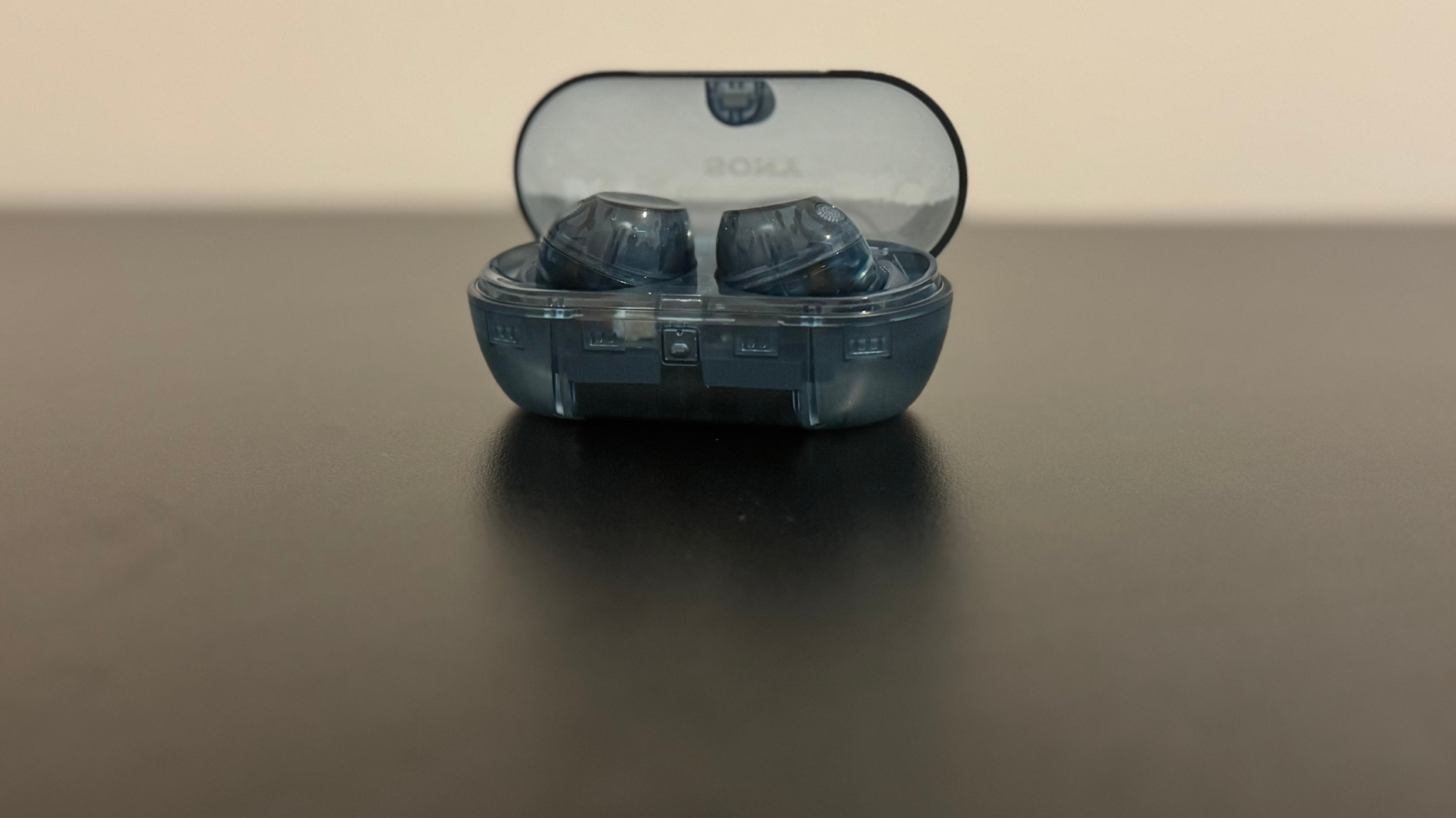If this new cryptocurrency takes off it could lead to a shortage of HDDs and SSDs
Hard drive prices have already started soaring in China as cryptocurrency miners turn their attention to Chia.

Certain high-end CPUs are hard to come by (like AMD's Ryzen 9 5900X and 5950X), and it's near impossible to buy a graphics card at fair market value these days, in part because of cryptocurrency mining. Adding to the tragic state of PC building in 2021, solid state drives (SSDs) and hard disk drives (HDDs) are at risk of becoming the next hard-to-buy items.
It's because of a new cryptocurrency project called Chia, the brainchild of Bittorrent creator Bram Cohen. Chia is billed as a "better blockchain and smart transaction platform which is more decentralized, more efficient, and more secure," but what sets it apart from most cryptocurrencies is that it is mined with unused storage space rather than graphics cards or specialized ASIC hardware.
Chia is built around a cryptographic technique called proof of space and time, as opposed to Bitcoin, which leverages a proof of work model.
"Proof of space can be thought of as a way to prove that you are keeping some storage unused on your hard-disk drive. Users of the Chia blockchain will 'seed' unused space on their hard-disk drive by installing software which stores a collection of cryptographic numbers on the disk into 'plots'. These users are called 'farmers'," Chia's FAQ explains.
"When the blockchain broadcasts a challenge for the next block, farmers can scan their plots to see if they have the hash that is closest to the challenge. A farmer’s probability of winning a block is the percentage of the total space that a farmer has compared to the entire network," the FAQ continues.
The proof of time part of the equation requires that a small period of time elapse between blocks.
We don't know what impact Chia will ultimately have on the market as a whole (both in terms of its impact on PC gaming hardware and its effect in the world of cryptocurrency), because it has not launched yet—Chia will be available for trading on May 3, 2021.
Keep up to date with the most important stories and the best deals, as picked by the PC Gamer team.
We've been a little hesitant to report on the possible shortages caused by this new cryptocurrency for this very reason. Yet ahead of the launch, HDD prices have ballooned by as much as 67 percent in China, so perhaps there is some proof that Chia is having an effect on the market even prior to its launch. Additionally, Seagate acknowledged in a recent call with investors (via Seeking Alpha) that it is seeing an "uptick in demand" due to the use of HDDs for cryptocurrency mining.
It's not necessarily a direct effect, though. According to Time Finance (via Tom's Hardware), part of the reason for the increased pricing is because some dealers are holding onto their storage inventories in hopes of cashing in on a much bigger payday.

Best SSD for gaming: the best solid state drives around
Best PCIe 4.0 SSD for gaming: the next gen has landed
The best NVMe SSD: this slivers of SSD goodness
Best external hard drives: expand your horizons
Best external SSDs: plug in upgrades for gaming laptops and consoles
The storage pipeline in China consists of the manufacturer (like Western Digital), then an agent, then a distributor, and finally the merchant, before ultimately ending up in the hands of a consumer. It's said a small number of agents are the ones stockpiling storage devices.
It's artificial demand, in other words, due in part to Chia and the speculation surrounding the new cryptocurrency. If Chia takes off in a big way, it is entirely possible this plays out on a larger scale, affecting both HDD and SSD prices in other parts of the world.
In theory, HDDs should be more susceptible to price hikes, because the cells on SSDs can wear out over repeated write cycles. But as we have seen in the GPU space, it's not just the parts that are best suited for cryptocurrency mining that are in high demand. If Chia proves popular and HDDs dry up, you can bet SSDs will be next. Let's hope it doesn't come to that.
Paul has been playing PC games and raking his knuckles on computer hardware since the Commodore 64. He does not have any tattoos, but thinks it would be cool to get one that reads LOAD"*",8,1. In his off time, he rides motorcycles and wrestles alligators (only one of those is true).


